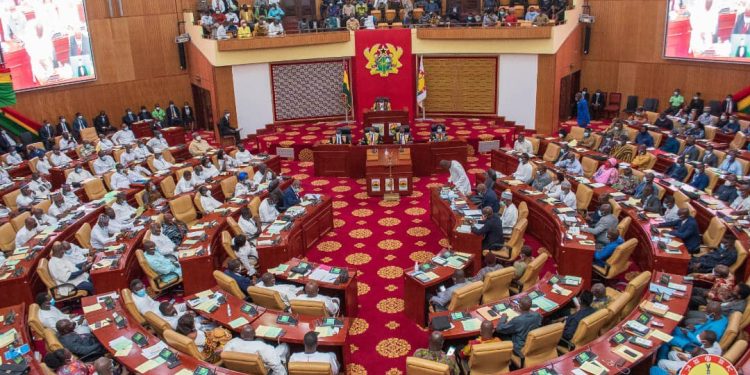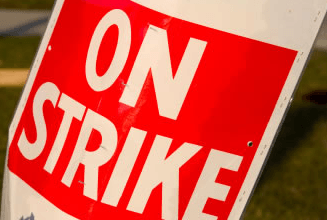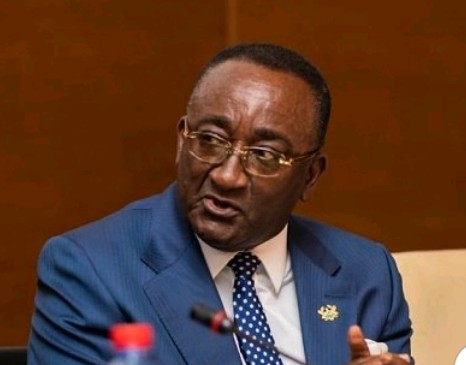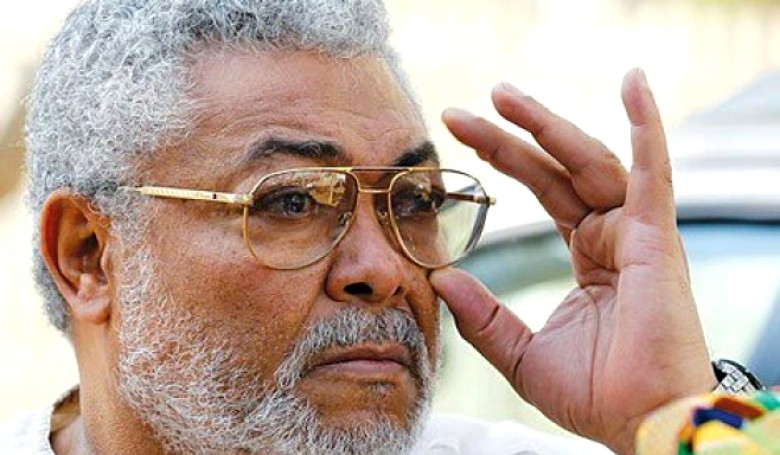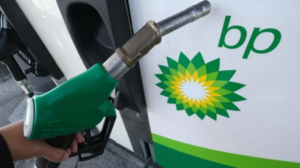
BP has reported a huge profit for July to September due to high oil and gas prices exacerbated by Russia’s invasion of Ukraine.
The oil giant made $8.2bn (£7.1bn) for the period, more than double the profit over the same three months last year.
BP said it will pay $800m in windfall tax this year, a levy on profits made from extracting UK oil and gas.
Oil firms’ big profits are expected to lead to renewed calls for this windfall tax on energy firms to be increased.
The windfall tax was introduced by Rishi Sunak when he was chancellor. At the time Mr Sunak said the levy – which they have called an Energy Profits Levy – would raise £5bn in its first year.
Alok Sharma, UK’s COP president, tweeted: We need to raise more money from a windfall tax on oil and gas companies and actively encourage them to invest in renewables.”
Treasury sources have indicated an extension to the windfall tax is being discussed ahead of the Autumn Statement on 17 November, which will detail plans for tax rises and spending cuts as the government attempts to fill a “black hole” in public finances.
That could include increase the rate oil and energy companies have to pay on extraordinary profits, extending the timeframe it applies for or expanding it to include electricity generators.
The Treasury has warned that everyone will need to pay more tax “in the years ahead” as Mr Sunak, now prime minister, attempts to fill a “black hole” in public finances.
Last week, BP’s rival Shell revealed that it had paid no windfall tax in the UK because it had invested millions of pounds. But it said it expected to start paying the levy next year.
While BP is set to pay some windfall tax, it will also give its shareholders a boost by increasing its dividend payment by 10%, and will also spend $2.5bn buying back shares.
Oil and gas prices, which began increasing once Covid restrictions eased, accelerated after Russia invaded Ukraine in late February, resulting in huge profits for energy companies. But they have also exacerbated price rises – or inflation – for consumers.
All the big oil firms, including Total and Exxon Mobil, have announced bumper profits in the past week. Overnight, oil giant Saudi Aramco said it had made a profit of $42.4bn over just three months thanks to higher commodity prices.
On Monday, US President Joe Biden urged major oil firms who are bringing in big profits to stop “war profiteering”, threatening to hit them with higher taxes if they do not increase production which would help lower prices.
Commenting on whether oil firms should pay more tax, Nick Butler, a former BP executive who is now a visiting professor at King’s College London, told the BBC’s Today programme: “They have to balance what they pay in tax, what they invest in the future and what they pay back to shareholders.
“I think the next tax squeeze will come on the electricity retailers who haven’t been subjected to it yet,” he said.
“But if BP has to pay more in tax I think their shareholders will have to pick up part of the pain.”
Higher energy prices have fuelled the rise in gas and electricity bills for both households and businesses.
The government is limiting the impact through the Energy Price Guarantee scheme but instead of lasting for two years as originally planned, it will now end in April.
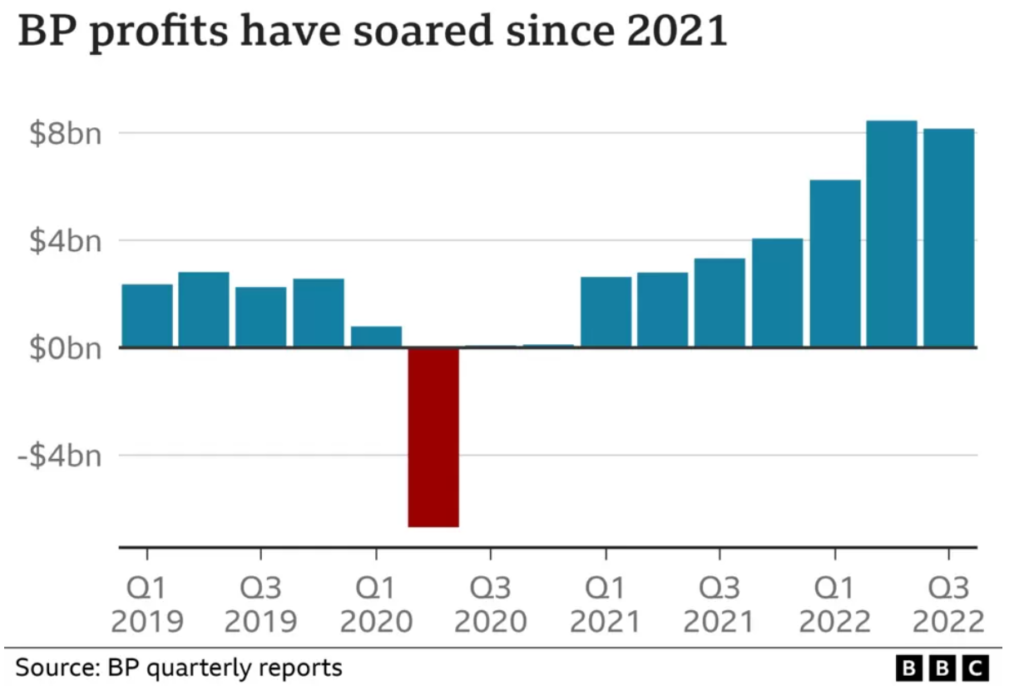
There have been warnings that typical household gas and electric costs could reach more than £4,300 when support is scaled back.
The price of energy has also been a major driver of inflation – the rate at which prices rise – which is currently 10.1%.
In the UK, energy companies such as BP and Shell pay a total tax rate of 65% on their profits, including the windfall levy.
BP’s profit for the quarter was much higher than analysts had expected but dipped from the previous three months due to a fall in the wholesale price of oil.
Oil prices hit $128 per barrel in early March as the assault on Ukraine intensified and a number of countries imposed sanctions on Russia and have since fallen back.
But BP said on Tuesday that even if oil prices dropped as far as to $60 per barrel, it could still afford to return billions of dollars to its shareholders.




